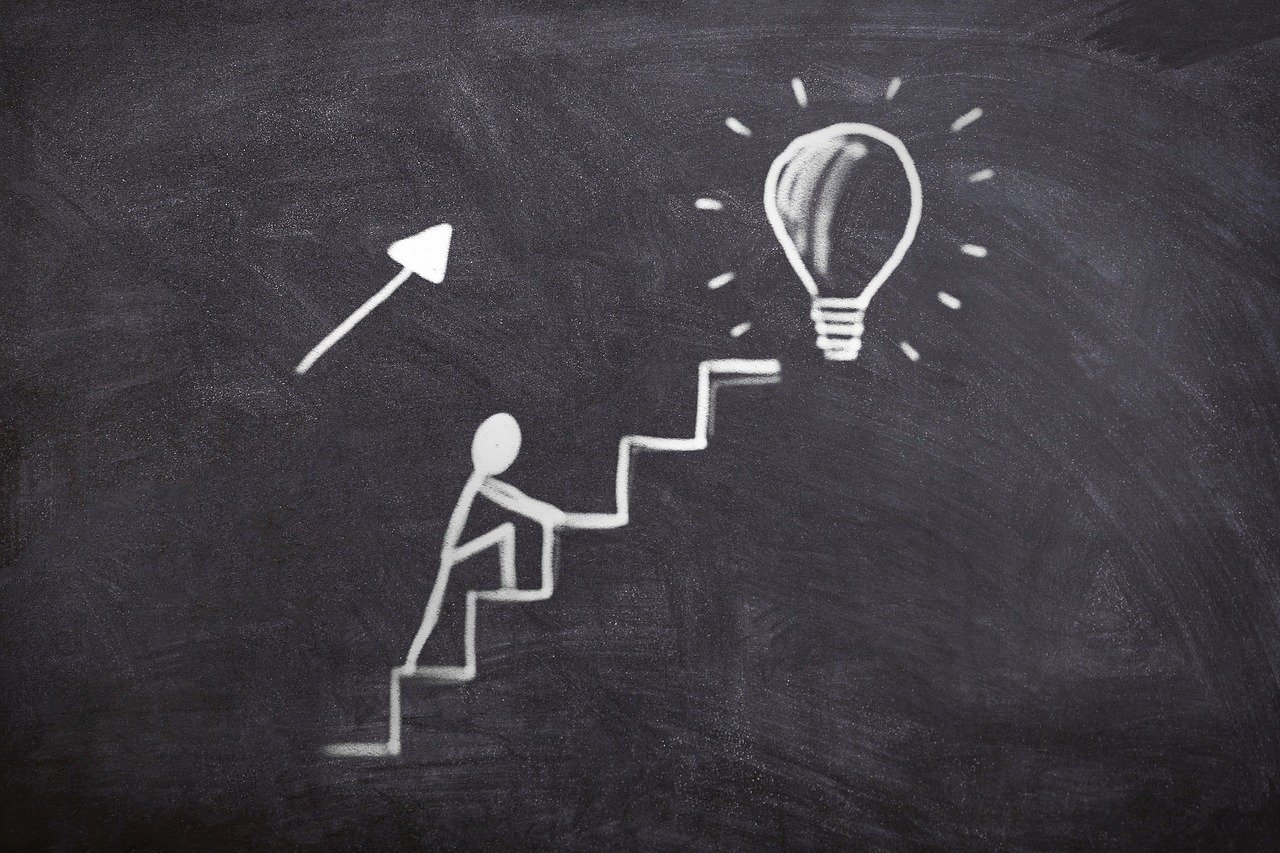
Can we use more than instinct in a real-time conversation? If not instinct, lots of different perspectives suggests to me that my analytical brain might whirr all the more from juggling all the possibilities and impact my listening.
I was always keen to become a coach supervisor because my coaching tends to support people who need to have good soft skills in collaborative work, which can mean coaching some of the time. I anticipated the coach supervision challenge would naturally motivate me to reflect on my own behaviour as coach or coach supervisor. It would be ideal though if my learning could have value for those served by my practice. Can my own self-questioning be helpful?
Culturally we are becoming more open to listening to others to support mental well-being. Organisations want to claim their concern for this too. A coaching session contract naturally expects that coaches will listen openly and actively, but can we always be objective? Even though coaches are trained to hide judgmental thoughts Isn’t it inevitable that at least some part of us will be comparing to our own experiences or organisational expectations, rather than being detached? If we’ve done fewer than the 10K hours supposedly needed to become an expert at any skill, how can we be comfortable that we are objective enough when coaching?
Experience suggests we can know different perspectives of a situation, perhaps because we’ve coached many people in similar situations or undergone comparable situations ourselves. Or we might be great at imagination, like a writer of book or film generating many different characters and conversations that exhibit different perspectives. Yet this all takes time to do; can we use more than instinct in a real-time conversation? If not instinct, lots of different perspectives suggests to me that my analytical brain might whirr all the more from juggling all the possibilities and impact my listening.
I might be more easily caught out if clients express a surprising perspective. Can we be objective enough to hide our own expectations in the instant of recognition? I seem particularly challenged by a client who seems to have blind faith in something rather than recognise it as a belief, or one who seems to avoid certain questions or who doesn’t appear to have any answers to questions or be able to create new ideas. I might be judging their way of thinking! I’m personally very curious about thinking, but if that’s not the client’s concern, is it my concern?
I’m interested in the work of Robert Kegan and believe I sit between Socialised and Self-Authored mind where most adults are. In different situations I may be more of one than the other, so more blind on some topics. How can it be that coaches say they are always objective? For me, it is inevitably a ‘work in progress’.
The idea of opening up perspectives is embedded in coaching philosophy, so we know the importance of this for our clients. Do we allow the client to explore perspectives or do we nudge the client through perspectives we see? Could it be that we are able to talk about some perspectives but not others through our own blindness? Coach supervision is a place where we are at least able to discuss insights into ourselves and explore what learning lurks there.
Evasiveness is possibly something we find relatively easy to detect in body language; hopefully we can be curious enough about our clients to tease out their inner wisdom. However, what about our own evasiveness? I have a thinking preference and if my client does too, am I colluding with the client if I rarely go into the feeling space? Am I right to explore feelings with the client? Do I need to give the client a choice about going there and have clear pros and cons from an objective position, so that the client can choose their preferred coaching style? When I go to coach supervision, how prepared am I to start to recognise other topics or situations I might be avoiding?
Shame can be a common feeling (Sheppard, 2017.) Do I need to become aware whenever shame might occur to be a coach?
Supporting clients who don’t have answers seems a common issue for new coaches who ask when they’re allowed to give suggestions and how they should do it. Being directive is of course hotly debated amongst coaches and sometimes it is nice to have a bit of direction especially if feeling a bit lazy (as coach or client.) For me, I trust the non-directive process; the client makes the brain connections to get that light bulb moment that is going to work for them. It is their thinking that needs to change and they may not know what it was that triggered the light bulb even after the event. Let’s respect the complexity of the human mind! It is a magical moment when the brain connects in this way. Can we hold a directive stance on the coaching process yet give non-directive space for free-thinking? I’m sure you know many ways to elicit thinking: drawings, similar sensory approaches, or metaphors. Can I hold this position when it comes to opening up perspectives? If not how do I choose the perspectives to open up? I’d prefer the client to choose but I suspect I decide at times; I wonder too what expectation you have of supervisors in relation to directiveness?
All answers to my questions are likely to have an ‘it depends’ quality. That’s why coach supervision can be so helpful as a space for exploration. The more perspectives coaches can see, possibly the better they can partner clients, but we need to ‘be with’ clients so leaving them to steer towards what they want to open up is perhaps ‘safer’.
If you have a question about coach supervision, I’d be happy to explore your experiences and expectations of it. (I’m pleased to have been on TCD since its beginning and enjoy its networking aspect.)
Shirley Thompson straddles coach supervision, project management and Agile interests aiming to support those who use coaching skills in a variety of circumstances.
Sheppard, L. (2017). How coaching supervisees help and hinder their supervision. International Journal of Evidence Based Coaching & Mentoring, Special Issue 11.
Read more blogs from Shirley – To what extent are coach supervisors lifeguards?

+ 2 more
Coach Supervision, Project Management focus, Soft skills issues